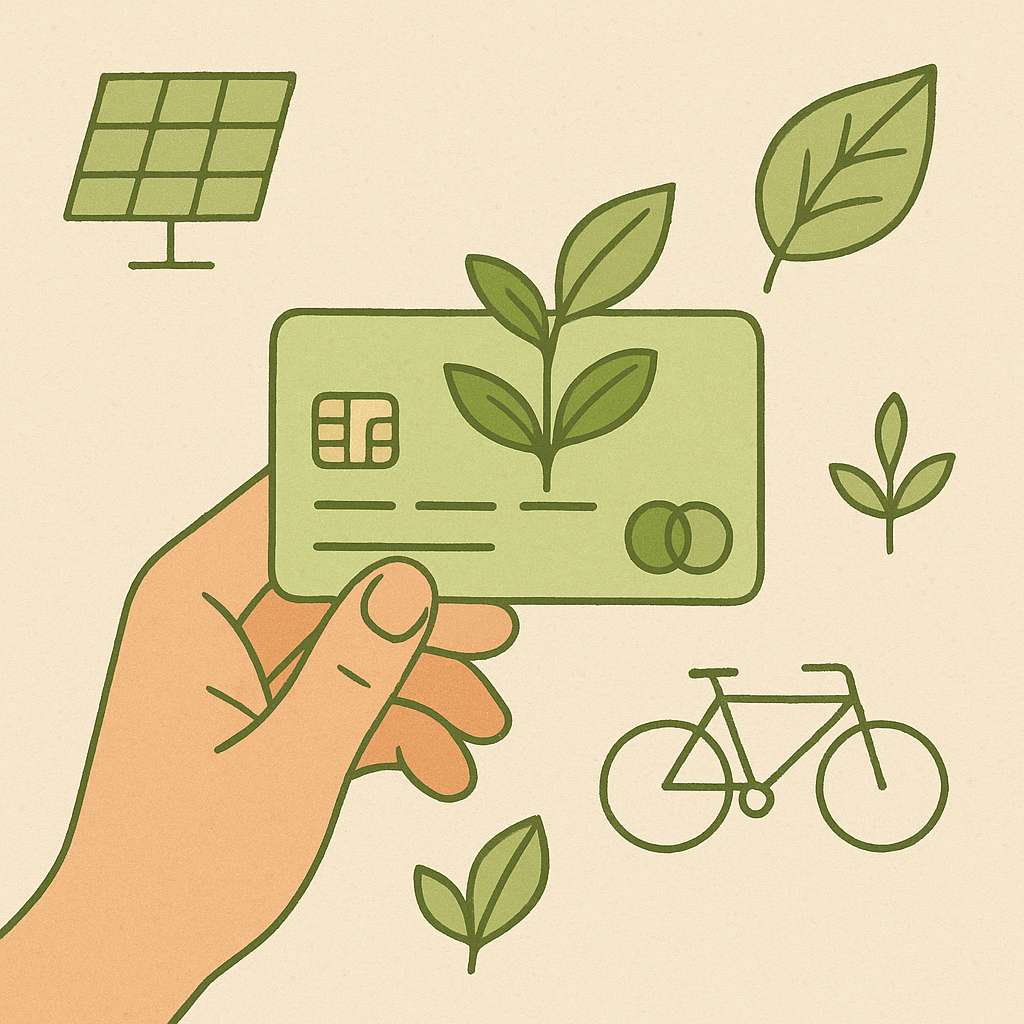Moving to a new country presents a unique set of challenges and opportunities, especially for immigrants in Australia. Crafting a robust financial plan is crucial for laying a solid foundation in a new environment. A well-structured plan can alleviate stress and help you achieve your financial objectives more efficiently.
For immigrants, understanding how to navigate the Australian financial landscape is key to creating a prosperous journey in the land Down Under. This guide will provide insights into essential steps for financial planning, helping newcomers build the confidence to navigate their new financial reality.
Understanding the Australian financial system

One of the first steps for immigrants in Australia are to grasp the workings of the local financial system. The Australian financial sector is well-regulated, ensuring stability and security for consumers. Banks play a crucial role, offering services such as savings accounts, loans, and credit facilities. Understanding how these services work and the fees involved can help you make informed decisions.
The Reserve Bank of Australia regulates monetary policy, impacting interest rates and economic stability. Knowing how these factors influence your financial planning can be advantageous in making investment and borrowing decisions. It is also important to become familiar with the Australian Securities and Investments Commission (ASIC), which provides consumer protection and financial literacy resources.
For those emigrating from countries with different financial structures, getting acquainted with the Australian taxation system is vital. Knowing how income tax, goods and services tax (GST), and other levies work will enable you to manage your finances more effectively and avoid costly mistakes.
Opening a bank account
Opening a bank account is one of the essential steps for any immigrant settling in Australia. It’s crucial for managing everyday expenses, receiving wages, and building financial stability. Most financial institutions offer a wide range of account types, including transaction and savings accounts.
Before selecting a bank, compare the fees and features of different accounts. Online banking capabilities, ATM networks, and associated costs should be considered. Some banks offer special accounts for newcomers, with fee waivers and other benefits during the initial months of your stay.
To open a bank account, you will need identification such as your passport and visa, along with proof of residence. Once your account is set up, managing it responsibly by tracking transactions and setting up automatic savings can enhance your financial management skills.
Building credit history
In Australia, credit history plays a significant role in accessing financial products such as credit cards and loans. As an immigrant, establishing a credit profile is crucial for future financial dealings. Start by obtaining a credit card or a small personal loan and make timely payments to build a positive credit score.
Responsible credit use signals to lenders your ability to manage debt, facilitating better terms for future credit products. Regularly check your credit report to ensure accuracy and address any discrepancies quickly. Staying informed about your credit status will help you understand your borrowing capacity and financial health.
Managing expenses and budgeting
Effective expense management is a cornerstone of financial planning for immigrants. Creating a budget helps track income and expenses, revealing where your money goes, and identifying savings opportunities. This discipline can prevent overspending and ensure resources are allocated to your priorities.
Start by listing all sources of income and categorizing your expenses, such as housing, food, transport, and entertainment. Many budgeting apps can aid in this process, offering tools to monitor spending habits and set savings goals. Regularly reviewing and adjusting your budget keeps it aligned with your financial objectives.
Living costs in Australian cities vary, impacting how you allocate your finances. Understanding local cost-of-living expenses is crucial for budgeting effectively. Planning for unforeseen expenses, like medical emergencies, can further stabilize your financial situation against unexpected setbacks.
Saving and investing
After securing a steady income and managing expenses, immigrants should focus on saving and investing. Establish an emergency fund to cover at least three to six months of living expenses, providing a safety net for unforeseen circumstances. Consider diverse investment options available in Australia, such as superannuation, shares, and property.
Each option has different risk levels and potential returns. It’s essential to conduct thorough research or consult financial advisors to align investments with your financial goals and risk appetite. Additionally, understanding the benefits of the Australian superannuation system is vital. It’s a long-term savings plan designed to provide financial support during retirement.
Insurance considerations
Insurance is a critical component of financial security for immigrants. It protects against potential financial losses from events such as accidents, illness, or property damage, providing peace of mind as you establish your new life in Australia. Types of insurance to consider include health, life, car, and home insurance.
Assess your circumstances to ensure you have adequate coverage. Health insurance is particularly important, as it can cover costs not included in Australia’s public healthcare system, Medicare. Shop around for insurance policies and compare coverage and premiums. Tailoring insurance to your specific needs ensures you are fully protected while managing costs.



